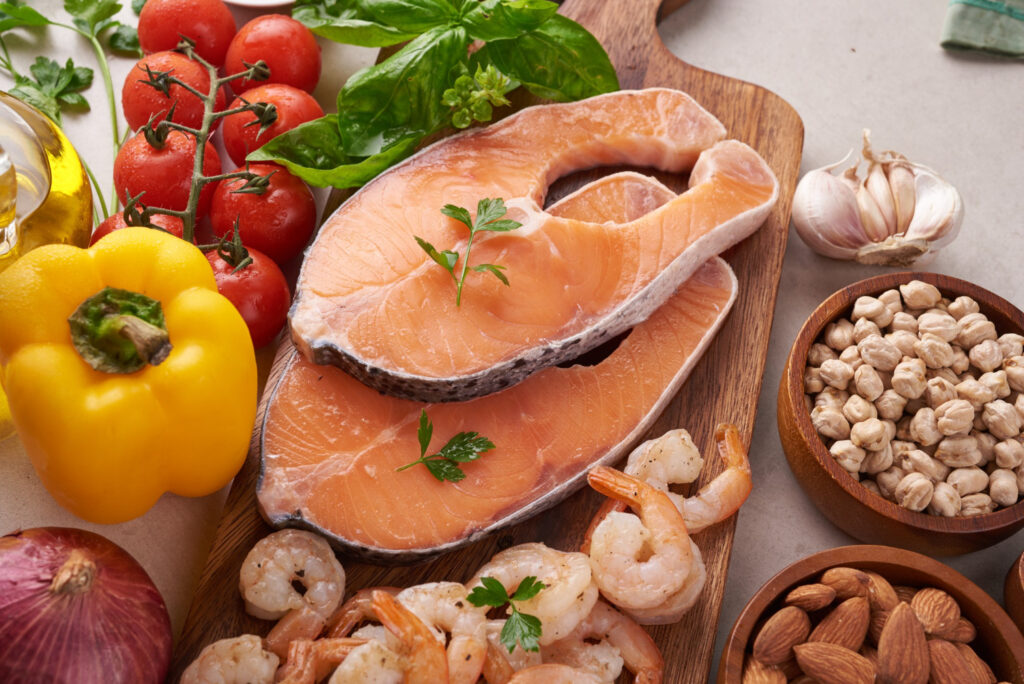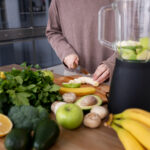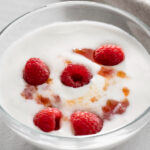
In this article
overview
Iron is a crucial mineral that our bodies need to function properly. From promoting oxygen transport in the blood to supporting muscle metabolism and healthy connective tissue, iron plays several vital roles. Despite its importance, many people don’t get enough iron in their diet. Understanding which foods are high in iron can help you make better dietary choices and ensure your body gets the nutrients it needs.
Iron Intake Requirements
Before diving into the best iron-rich foods, it’s essential to know how much iron you need daily. For men, the daily requirement is 8 mg, while women up to age 50 need 18 mg. Post-50, women require 8 mg, and pregnant women need up to 27 mg. These guidelines can help you tailor your diet to meet your specific needs.
Beef: The Iron Powerhouse
If you’re a fan of red meat, beef is a top contender for boosting your iron levels. A 6-ounce serving of grilled sirloin steak delivers approximately 3.2 mg of iron, making it an excellent choice for meat lovers aiming to increase their iron intake.
Poultry: A Versatile Iron Source
Not a fan of red meat? Poultry is another great option. Turkey, chicken, and duck all provide iron, though in smaller amounts than beef. For instance, a 3-ounce serving of duck offers 2.3 mg of iron, while the same amount of chicken or turkey contains about 1 mg. These options are versatile and can be incorporated into various dishes.
Dark, Leafy Greens: Nutrient-Dense and Iron-Rich
Vegetables like spinach, kale, and collards are not only packed with vitamins and minerals but also serve as good sources of iron. These greens can be steamed, sautéed, or added to salads and smoothies, providing flexibility in how you consume them.
Fish: Protein-Rich and Iron-Packed
Fish such as tuna, sardines, mackerel, and haddock are excellent choices for a high-protein, low-fat iron source. Whether farm-raised or wild-caught, these fish can help enhance your iron intake while offering other nutritional benefits.
Shellfish: Iron-Rich Delicacies
Shellfish, including shrimp and oysters, are nutrient-dense and high in iron. A 3.5-ounce serving of clams, for instance, can provide up to 3 mg of iron. Shellfish are also rich in other vital nutrients, such as protein, vitamin C, and vitamin B12.
Vegetarian Options: Plant-Based Iron Sources
For those who prefer a plant-based diet, options like tofu, beans, and lentils are great for boosting iron intake. However, it’s important to note that plant-based iron (non-heme iron) isn’t absorbed as well by the body as the iron from meat (heme iron). To enhance absorption, pair these foods with vitamin C-rich items like tomatoes or citrus fruits.
Fortified Cereals: A Breakfast Iron Boost
Many breakfast cereals, especially those fortified with iron, can help you start your day with a nutritional boost. Cream of wheat, bran, and oat cereals are particularly good choices. Adding fruits like strawberries can further increase the iron content of your meal.
Eggs: A Versatile and Nutritious Option
Eggs are another versatile food that can help you meet your iron needs. Whether boiled, scrambled, or sunny-side up, they can be paired with iron-enriched bread for an added benefit. Just be cautious with beverages like coffee or tea during your meal, as they can inhibit iron absorption.
Unexpected Sources: Molasses, Nuts, and Dried Fruit
You might be surprised to find iron in some unexpected places. Molasses, for instance, is rich in iron and can be used on pancakes or in baking. Nuts like cashews and pistachios, along with dried fruits such as raisins and prunes, also contribute to your iron intake.
Fresh Fruits: Sweet and Nutritious
Fruits like watermelon, figs, and bananas provide modest amounts of iron while adding a sweet and refreshing touch to your diet. A small slice of watermelon, for example, contains about 0.69 mg of iron.
Liver and Organ Meats: Nutrient-Dense Choices
Organ meats like liver, kidneys, and heart are exceptionally high in iron. A 3.5-ounce serving of beef liver offers 6.5 mg of iron. These meats are also rich in protein, B vitamins, and other essential nutrients.
Legumes: A Fiber and Iron Boost
Beans, lentils, chickpeas, and peas are among the best plant-based sources of iron. A cup of cooked lentils contains 6.6 mg of iron. These legumes are also high in folate, magnesium, and potassium, making them a valuable addition to any diet.
Pumpkin Seeds: A Convenient Snack
Pumpkin seeds are a delicious and portable snack that can help you meet your iron needs. An ounce of these seeds contains 2.5 mg of iron. They also provide other nutrients like vitamin K, zinc, and magnesium.
Ensuring Adequate Iron Intake
Incorporating a variety of iron-rich foods into your diet can help you meet your daily iron needs and support overall health. Whether you prefer meat, poultry, fish, shellfish, plant-based foods, or fortified cereals, there are plenty of options to choose from. Remember to pair plant-based iron sources with vitamin C-rich foods to enhance absorption and consult with a healthcare provider if you have concerns about your iron intake.
By making informed dietary choices, you can ensure that your body gets the iron it needs to function optimally and maintain good health
A Quick Review
Discover the best iron-rich foods to enhance your diet and support overall health. From red meat and poultry to leafy greens and legumes, learn how to meet your daily iron needs with these nutrient-packed options
FAQS
Why is iron important for our body?
Iron is crucial for producing hemoglobin, which helps transport oxygen in the blood, supports muscle metabolism, and maintains healthy connective tissue.
What are the daily iron requirements?
Men need 8 mg, women up to age 50 need 18 mg, post-50 need 8 mg, and pregnant women require up to 27 mg daily.
Which foods are high in iron?
Top iron-rich foods include beef, poultry, dark leafy greens, fish, shellfish, legumes, and fortified cereals.
How can vegetarians get enough iron?
Vegetarians can consume iron from plant-based sources like tofu, beans, lentils, and dark leafy greens. Pairing these with vitamin C-rich foods can enhance iron absorption.
What inhibits iron absorption?
Certain beverages like coffee and tea can inhibit iron absorption, so it’s best to avoid them during iron-rich meals.











